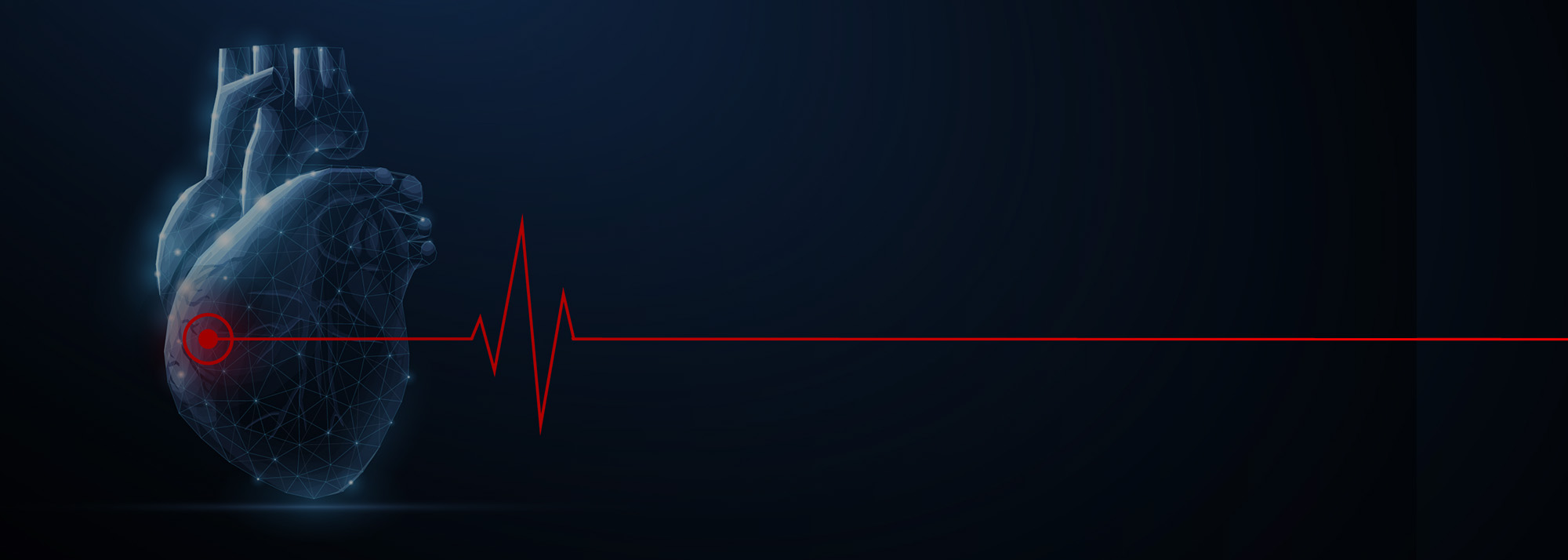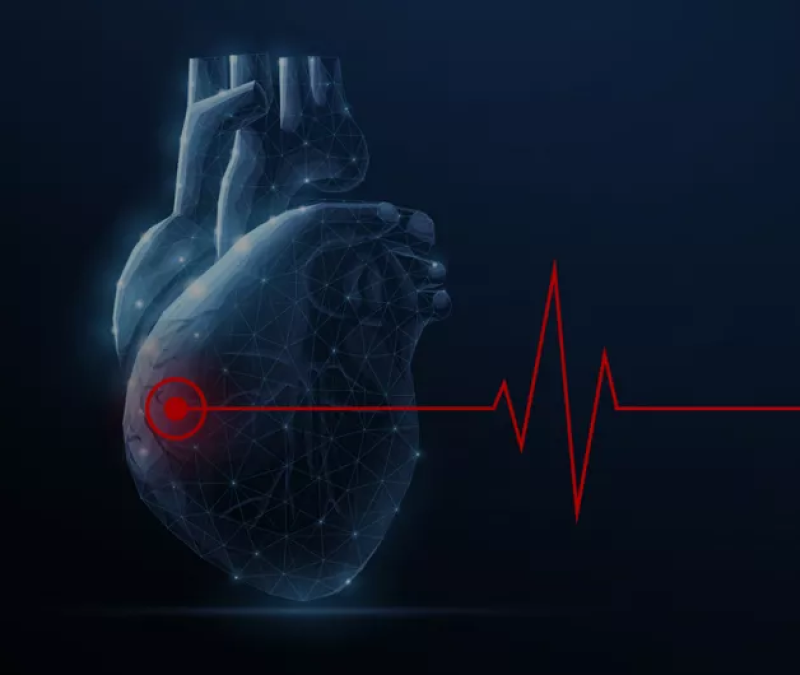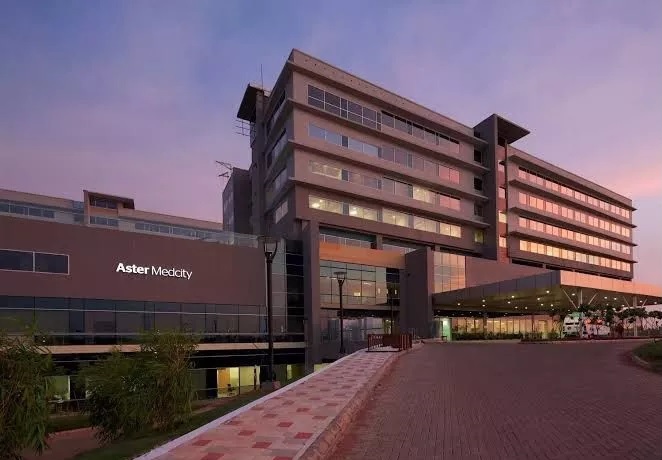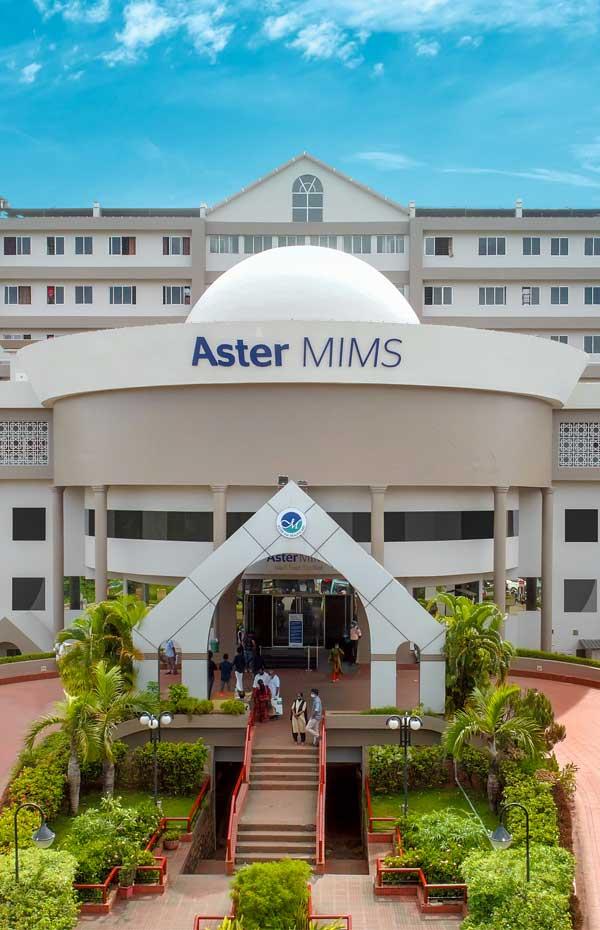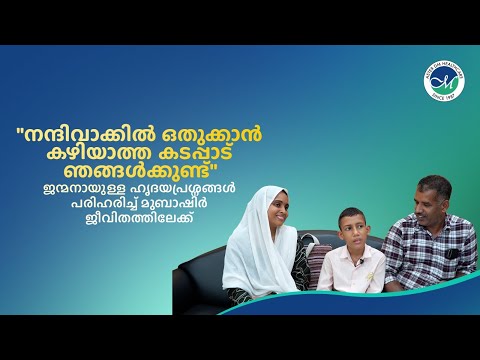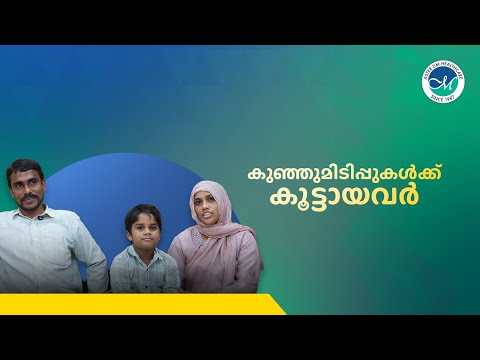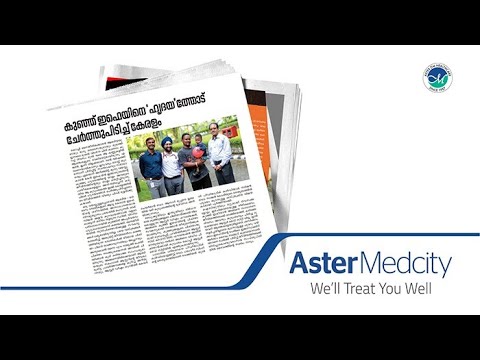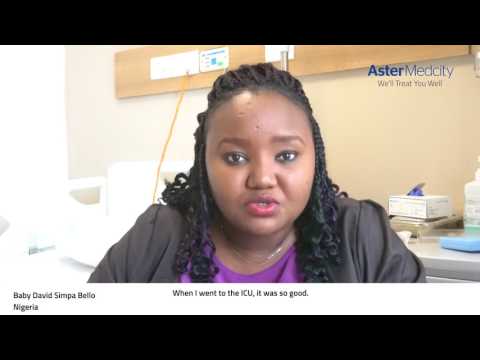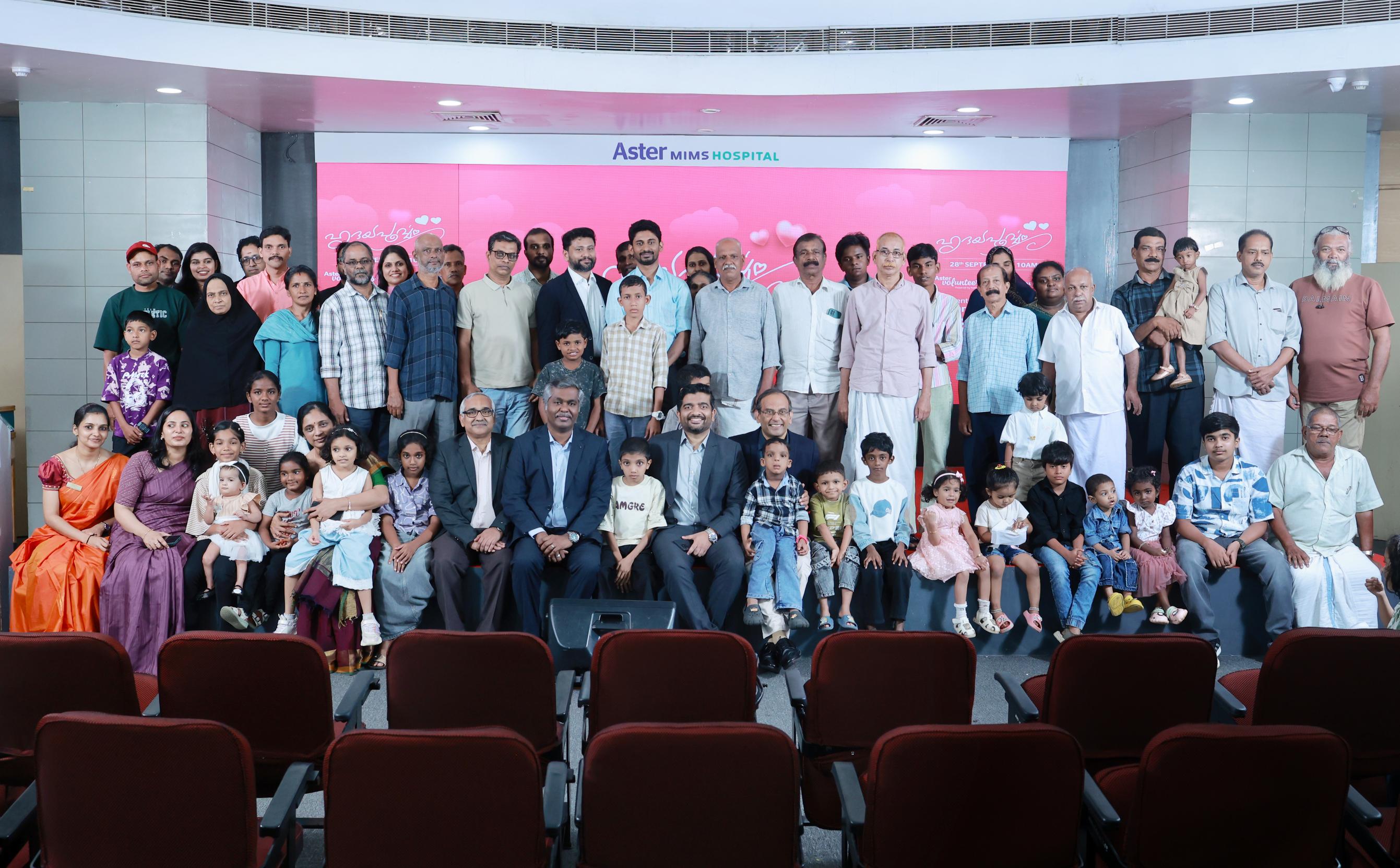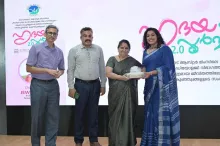Our Doctors
We have some of the best specialists from around the world, they bring years of experience and offer evidence-based treatment to ensure the best care for you.
Advanced Technology & Facilities
Well equipped with the latest medical equipment, modern technology & infrastructure, Aster Hospital is one of the best hospitals in India.
- Dedicated modern operating theatres.
- Dedicated digital catheterization lab with ECHO Navigation
- Electrophysiology lab-3D mapping, RF ablation.
- Echocardiography lab – 2D and 3D ECHO, Trans-esophageal ECHO.
- Advanced Fetal Heart Unit
- Adult Congenital Heart Disease Unit
- Pulmonary artery hypertension clinic
- BMU 40-blood monitoring unit, to enhance safety of complex surgeries during cardiopulmonary bypass (second installation in India).
- NIRS- Near Infra-Red Spectroscopy for advanced intraoperative brain monitoring to provide superior neurological outcomes in complex surgeries.
- ICE (Intra cardiac echocardiography)
- Exclusive pediatric cardiac ICU
- ECMO
- Cardiac CT and MRI
Patient Stories
Our patients are our best advocates, hear the inspiring stories of their treatment journey
News & Events
Stay updated with the latest happenings at Aster Hospitals. Explore our News and Events section for insightful articles, health tips, upcoming events, and noteworthy achievements.
